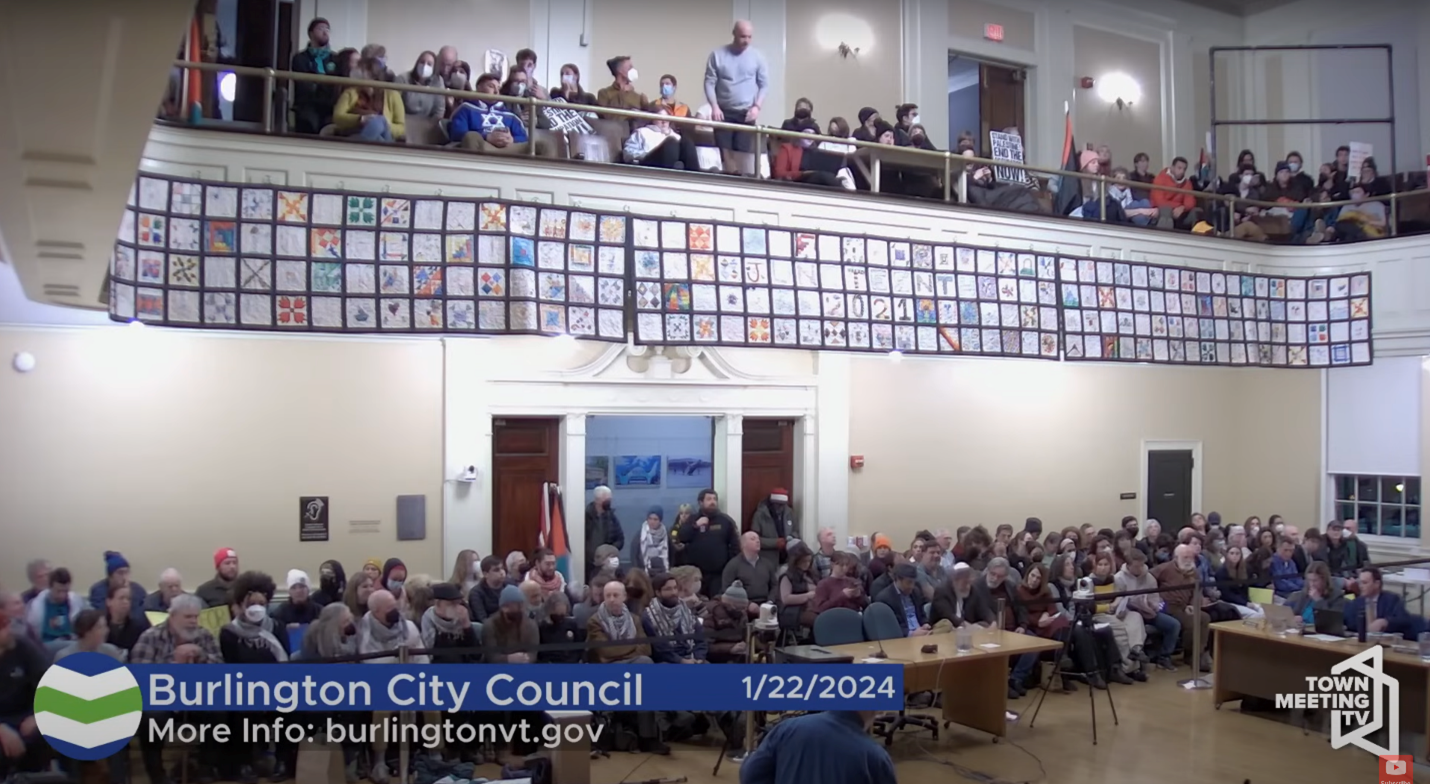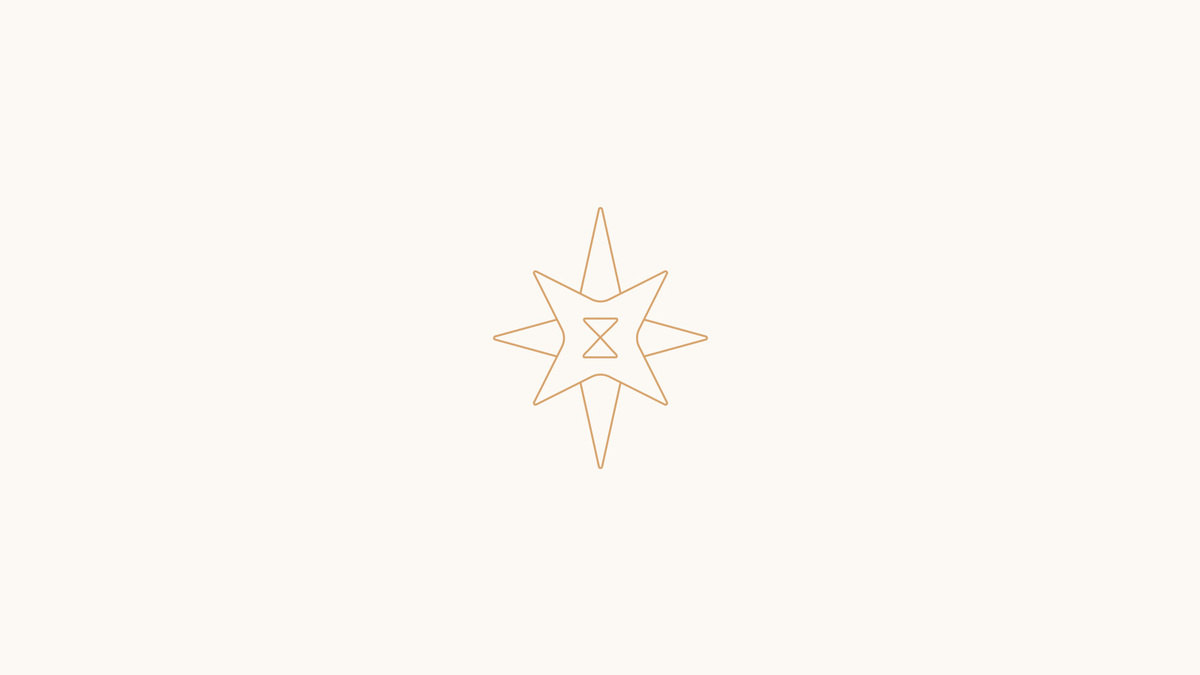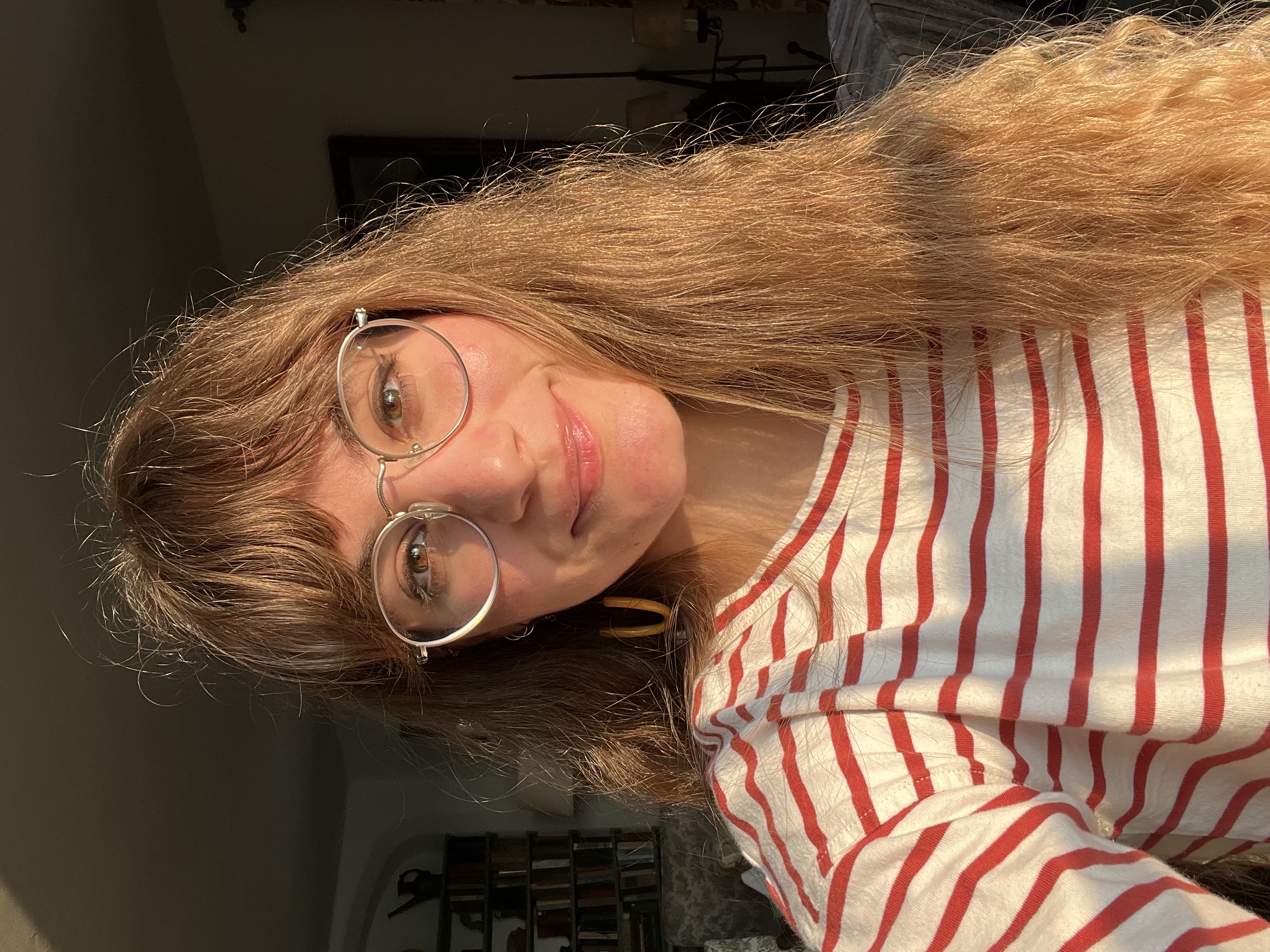
Community members pack a Burlington City Council hearing on the ballot initiative. Screenshot: Town Meeting TV
Since 2023, more than 250 congregations, organizations, and businesses around the world have joined the Apartheid-Free Communities initiative, to cut ties with Israeli apartheid. These groups are now educating their communities about the issue, writing letters to Congress, and divesting from companies complicit in Israeli apartheid.
Beginning in late 2023, I began to work with a group of activists in Burlington, Vermont interested in making their city “apartheid-free.” Their commitment has been inspiring, and I wanted to share some of what I learned in supporting their efforts.
When I visited Burlington in late September, the first person I met with was resident Anita Rapone. Anita, a member of Vermonters for Justice in Palestine (VTJP) and former professor, was eager to tell me all about the history of organizing and activism in Burlington.
Two years before my visit, she had been part of an unsuccessful attempt to get the Burlington City Council to pass a Boycott, Divestment, and Sanctions (BDS) resolution. Before that, she helped lead a petition campaign to stop the U.S. military from basing F-35 fighter jets in Burlington. Now, she and I were working on an old-fashioned letter-writing campaign, “Be Bold Bernie.” The campaign urged Sen. Bernie Sanders to travel and witness Israeli apartheid and return to be a bold advocate for Palestinian human rights.
When I met with Anita in September, she wanted to update me on another campaign she was working on: a ballot initiative to make Burlington an apartheid-free city. Over the summer, while sharing information on the “Be Bold Bernie” campaign at the local farmers market, Anita and other VTJP members had also tested out the idea of a ballot initiative––and had gotten a positive response. Allowing people to vote on a ballot initiative, the Vermont activists realized, could demonstrate the extent of support for Palestinian human rights in Burlington. The people’s voices would be heard, without having to overcome any opposition from the City Council.
To put the language on the ballot, VTJP needed to collect the signatures of at least 5% of the registered voters of Burlington. Before I arrived, they had gotten the text approved by a lawyer and the City Council clerk and had started to collect signatures.
Later that day, I met with Wafic, another member of VTJP and father of a recent Middlebury College graduate. He arrived at the coffee shop with a clipboard and blank pages to collect signatures. I was inspired by his determination. Far from being discouraged about the pushback he and other activists advocating for freedom and justice for Palestinians might face, he was confident that this initiative would succeed.
On the way out, Wafic handed me a few ballot initiative sheets for collecting signatures and turned to engage one of the other shop patrons in a discussion. In the few moments it took me to get ready to leave, he had already gotten another signature in support of the ballot initiative.
During my week in Burlington, I helped collect signatures at the University of Vermont and at the farmers market. Over the next few months, I stayed in touch with Anita, Wafic, and other VTJP activists. Every couple of weeks, Anita would email me updates about the “End Israeli Apartheid” buttons I had given her.
- “I was checking out of City Market and the cashier commented on my apartheid pin. I had given out the last one in my pocket, so I gave him the one I was wearing. … Those pins open up so many conversations that it has given me so much hope.”
- “Well, again today, the cashier at Trader Joe's asked me about the pin. So, I gave her one.”
- “I cannot resist telling you about my visit to the local Price Chopper grocery store this afternoon. The older man at the fish counter who waited on me admired the apartheid free pin.”
Since Oct. 7, Israel’s brutal attacks on Gaza have raised the profile of Palestinian human rights in Burlington. They also increased the urgency with which the activists approached the campaign.
Then, on Nov. 25, three Palestinian college students were shot in downtown Burlington, leaving one student paralyzed from the chest down, and making anti-Palestinian hate visible in Burlington. At the subsequent City Council meeting, the Council voted down a cease-fire resolution, which also expressed support for the three students shot.
Amidst these unjust, violent, and upsetting events, the organizers continued to gather signatures. By early January, the organizers had collected more than 1,600 valid signatures in support of putting the Apartheid-Free pledge language on the ballot—more than the required 5% of registered voters. Because many signatures were rejected due to illegibility or other issues, the Vermonters collected thousands more signatures in their monthslong campaign. They also got endorsements from 16 Vermont organizations.
Despite the signatures, the City Council of Burlington refused to let the people vote. On Jan. 22, the councilmembers voted 7-5 against adding the pledge language to the March ballot. Seven members voted against the democratic process and against the wishes of over 1,600 Burlingtonians who believe that part of being a diverse and forward-thinking city means working to dismantle collective complicity in systems, like apartheid, that conflict with the progressive values of their city.
Although the ballot measure did not succeed, the activists in Vermont won by drawing together a diverse group in support of human rights–a bigger group than had previously existed in Burlington. Four and a half hours of public testimony at the City Council meeting gave community members a chance to be heard and begin the conversation about Burlington’s moral responsibility to name and challenge injustice.
At the meeting, teachers, parents, a poll worker, students, political activists, Jewish and Arab Burlingtonians, and community leaders spoke in support of the ballot initiative. They spoke with conviction, explaining why they believed the work to uphold human rights abroad to be a local issue. The Apartheid-Free Communities framework has proved a crucial tool in the work to end their city’s complicity in Israeli apartheid.
The activists in Burlington are undaunted by the City Council vote. With the new, broader coalition they have established, they are continuing to educate their community and working to make Burlington apartheid-free. I am inspired by their work, and I hope it moves many others across the country to mobilize their own communities!
To learn more about the campaign in Burlington, watch this recording of our Apartheid-Free Communities webinar. It features Wafic Faour, a Palestinian activist and organizer from Burlington.

